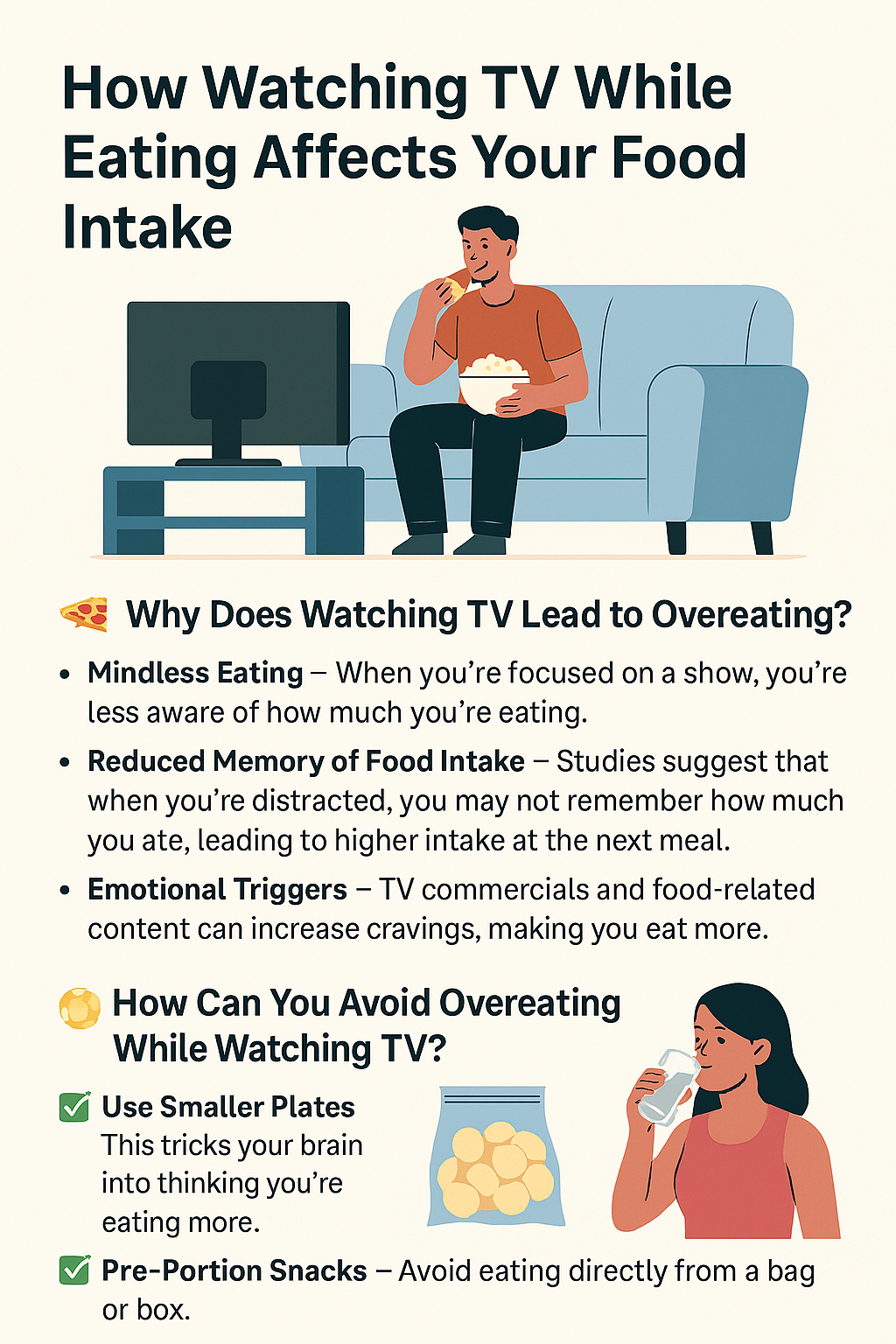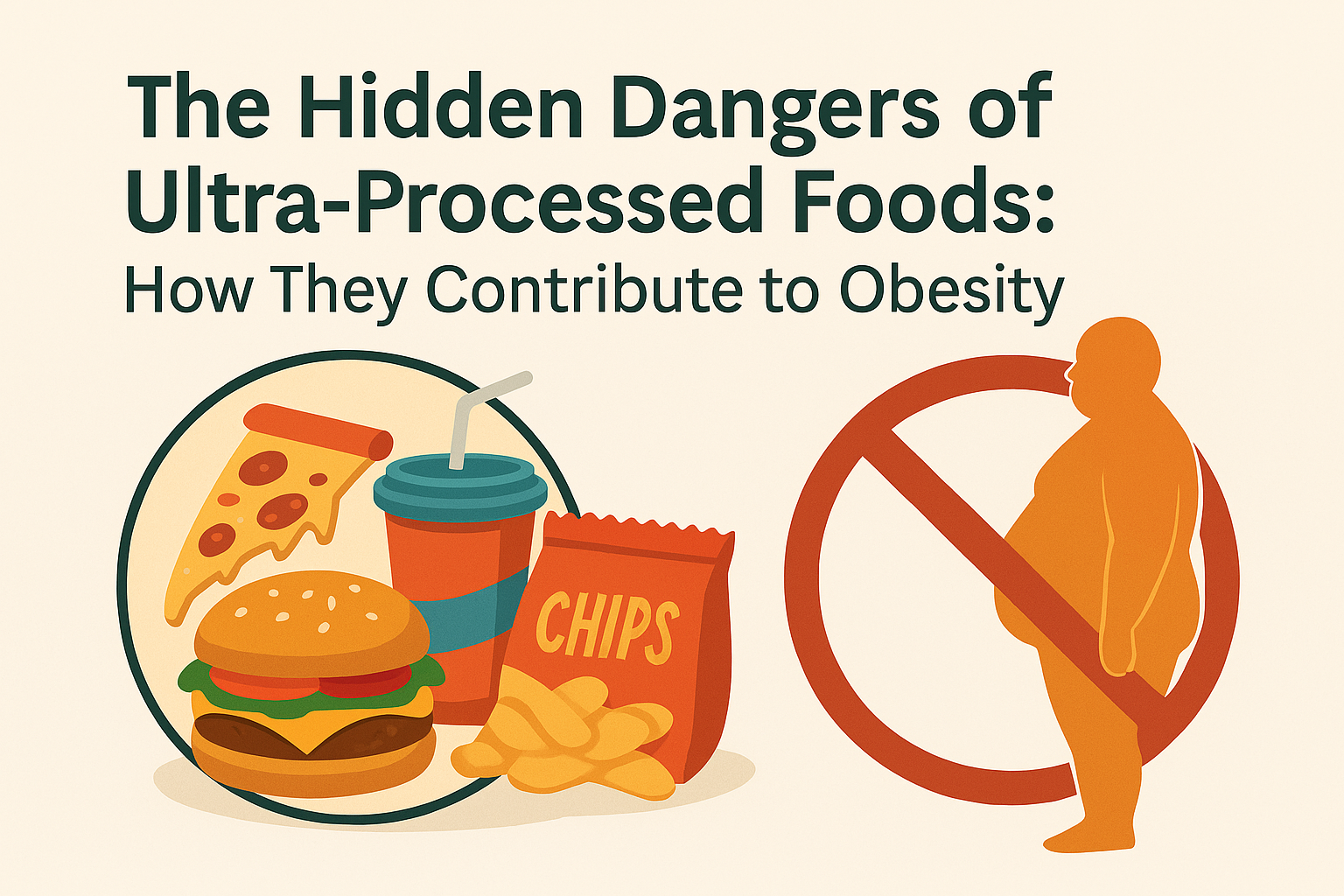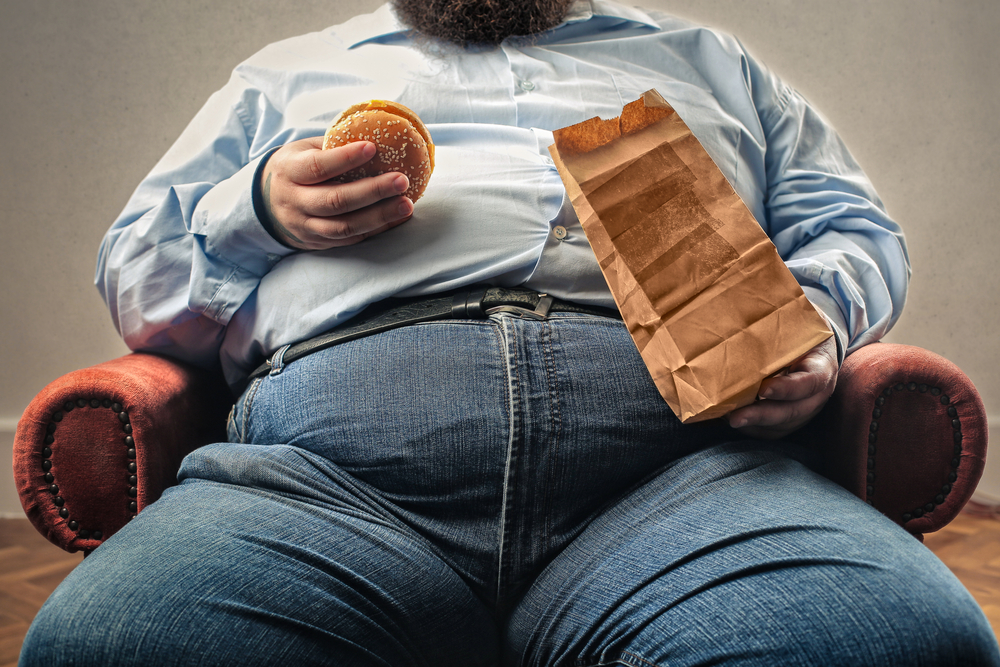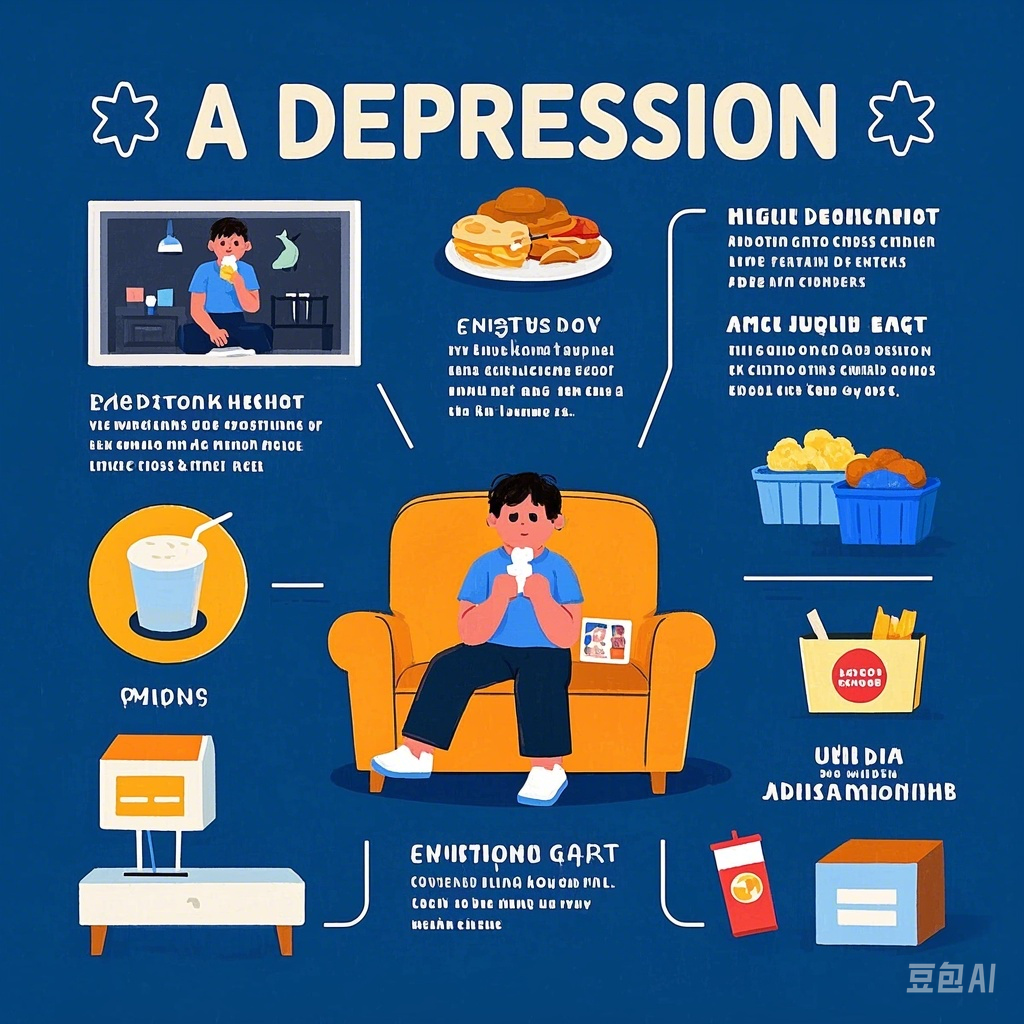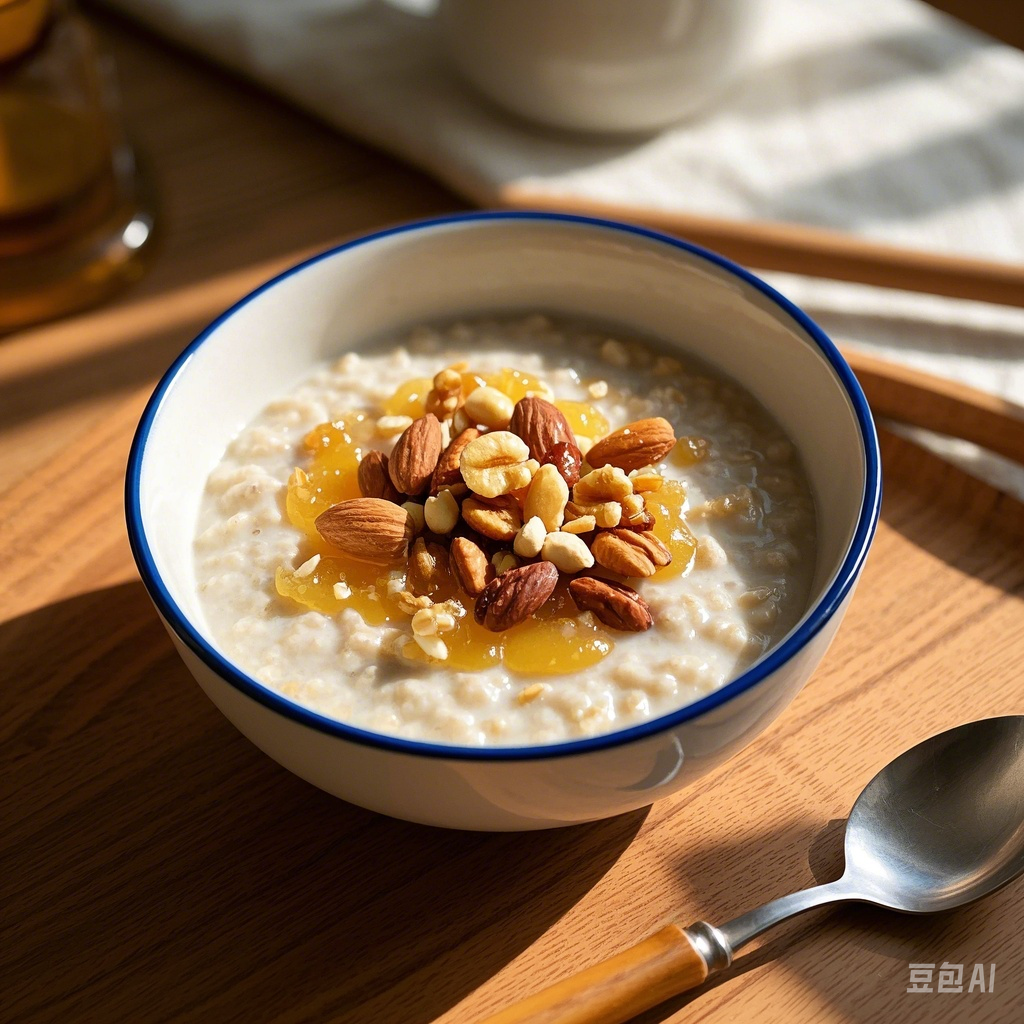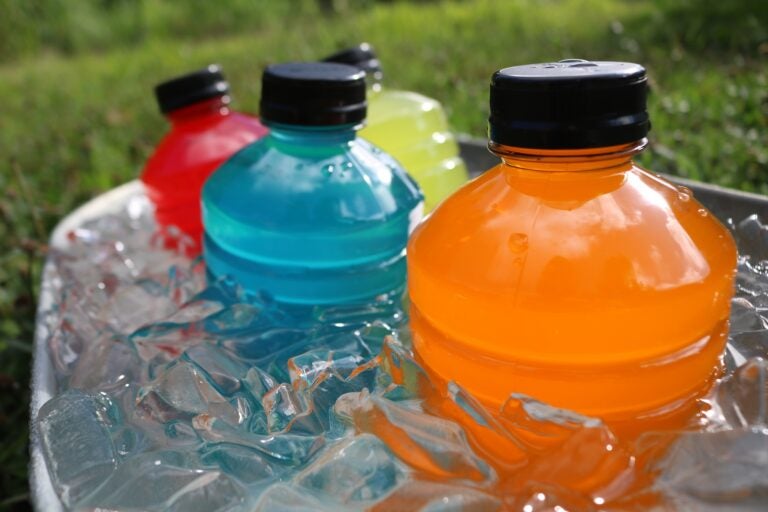What Are Energy Drinks?
Energy drinks are beverages designed to increase alertness and energy levels. They contain high levels of caffeine—often around 200 mg per can—and are usually packed with sugar, herbal stimulants, and other additives like B vitamins, ginseng, and guarana. These drinks are not regulated in the same way as sodas, which raises concerns about their safety, especially for adolescents.
Health Concerns of Energy Drinks
Energy drinks are linked to various health issues, especially among youth. These include:
- Increased stress and aggressive behavior
- Alcohol and cigarette abuse
- High blood pressure and heart irregularities
- Obesity, type 2 diabetes, and poor sleep quality
- Stomach irritation and dental erosion
Caffeine and Sugar: The Double Trouble
A 12-ounce energy drink can contain over 40 grams of sugar and up to 500 mg of caffeine—far exceeding the FDA's soda limit of 71 mg per 12 ounces. For adolescents, this can cause amplified side effects due to their smaller body size and increased sensitivity to stimulants.
Youth and Marketing Influence
Aggressive marketing targets youth through websites, games, and sports events. Despite warning labels, teenagers are among the largest consumers. Their underdeveloped decision-making abilities make them more vulnerable to harmful behaviors promoted in advertisements.
Mixing with Alcohol
Combining energy drinks with alcohol is a dangerous trend, especially among underage drinkers. The stimulating effect of caffeine may mask intoxication, increasing the risk of binge drinking and serious health complications including cardiovascular issues and seizures.
Athletic Use and Performance
While caffeine may boost performance in adults, studies show limited evidence in children and teens. Experts recommend that youth under 18 consume less than 100 mg of caffeine per day and avoid energy drinks unless under parental supervision.
Professional Recommendations
Organizations like the American Academy of Pediatrics advise pediatricians to discuss the risks of energy drinks with families. Reducing or avoiding sugary beverages is key to preventing excessive calorie intake and long-term health issues.
Bottom Line
While energy drinks may seem like a quick fix for fatigue, they come with serious health risks—especially for young people and those with underlying health conditions. Water remains the safest and healthiest choice for hydration. Adults who consume energy drinks should check the label, avoid mixing with alcohol, and limit caffeine intake to no more than 200 mg per drink.


